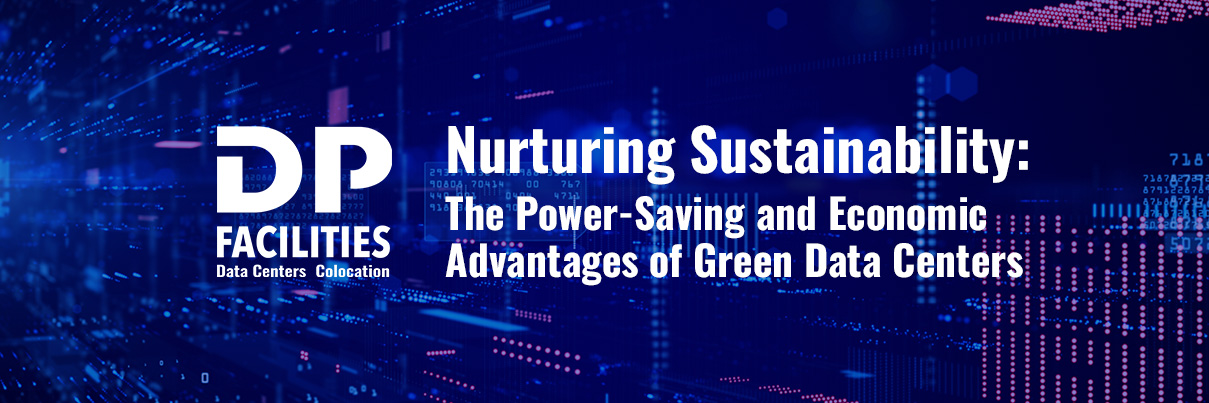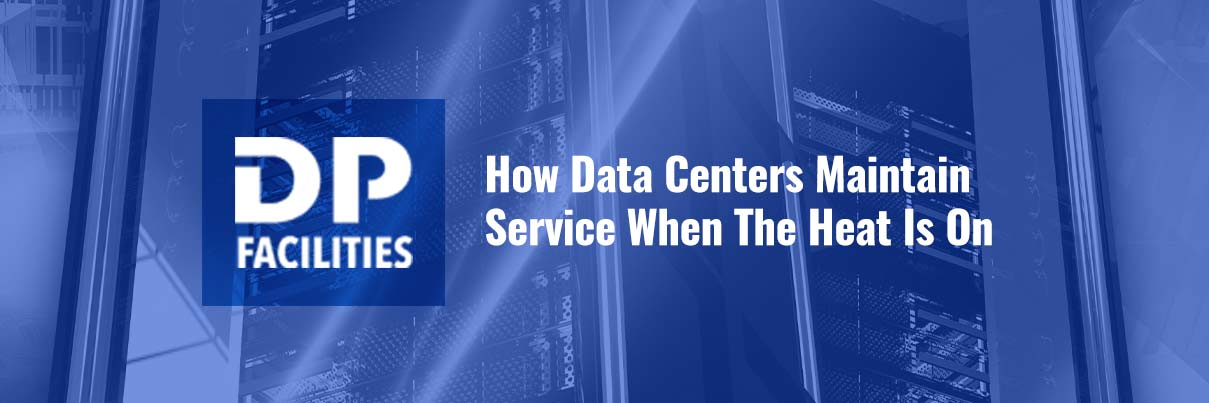
One of the main discussion points at the 2023 U.N. Climate Change Conference (COP28) was a call to world leaders to plan for a future that is not dependent on fossil fuels. Even though currently data centers utilize a record amount of fossil fuel energy, the sector is already heeding this call for more sustainable alternatives. According to McKinsey, the firm projects that data center demand will reach 35 gigawatts by 2030.
Regrettably, the current power grid cannot meet the demands of future data centers, particularly in rural regions. To address this, an upgrade is essential, involving the expansion of transmission lines and the implementation of enhanced coordination among diverse energy sources. This may include integrating renewable sources like solar or wind with conventional fossil fuels, aiming to diminish the industry's reliance on nonrenewable energy.
In an era where environmental sustainability continues to take center stage, the tech industry is indeed stepping up its game with the growth of green data centers. These eco-friendly advanced campuses are a pivotal shift toward a more responsible and efficient future for the sector. Here are some key benefits of green data centers and why they have the potential to become the cornerstone of modern data management.
Optimizing Space Usage: A Compact Revolution
Green data centers can redefine traditional facilities. Through innovative design and resource-efficient technologies, they manage to accomplish more with less. By maximizing the use of physical space, these centers address the continuing challenge of expanding data storage needs without compromising on environmental impact. Architects and engineers collaborate to incorporate modular structures, allowing for scalable growth without needing massive, upfront construction. The result? A significant reduction in space requirements, paving the way for more sustainable development.
Lowering Carbon Emissions: A Green Leap Forward
One of the most compelling advantages of green data centers lies in their ability to significantly lower carbon emissions. Traditional data centers are notorious for their energy-intensive operations, contributing to a substantial carbon footprint. Green data centers, on the other hand, leverage renewable energy sources, such as solar and wind power, to fuel their operations. By doing so it is important to note, however, that this transition to renewable energy is not just a technological upgrade; it represents a conscious commitment to reducing reliance on fossil fuels and embracing sustainable alternatives. By drawing energy from naturally replenished sources, green data centers break free from the carbon-intensive cycle that has long plagued their traditional counterparts. They then play a crucial role in mitigating the environmental impact of the IT industry, aligning technology with a greener and more responsible future.
Conscious Water Use and Waste Reduction: A Commitment to Conservation
In addition, by prioritizing water conservation measures and implementing recycling programs, green data centers are significantly reducing their water use. Likewise, waste output is meticulously managed, with an emphasis on recycling and responsible disposal practices. With water scarcity becoming an even bigger global concern, green data centers’ commitment to environmental stewardship reflects a conscientious approach beyond mere operational efficiency.
Trimming Long-Term Operating Costs: A Smart Investment
Contrary to the misconception that sustainability comes at a hefty price, green data centers are shattering the misconception that environmental responsibility comes at a hefty price tag. They are proving to be astute economic investments that yield substantial long-term benefits. While the initial setup might require a thoughtful investment, the long-term operating costs are substantially lower. The integration of energy-efficient technologies, coupled with the utilization of renewable energy sources, results in decreased energy consumption. This not only translates into reduced utility bills but also positions green data centers as financially sound choices in the ever-evolving landscape of data management.
In essence, green data centers are not merely technological hubs; they are architectural and high-tech marvels that redefine the very nature of data storage facilities. The advantages of green data centers extend far beyond operational efficiency. They represent a commitment to building a sustainable future, where technological advancements coexist harmoniously with environmental responsibility. As companies continue to embrace the green data center revolution, the tech industry is poised to become a beacon of sustainability in the global landscape. Bottom line: The green data center revolution is not just an upgrade—it's a declaration that the future of technology is inexorably tied to a greener and more responsible world.

